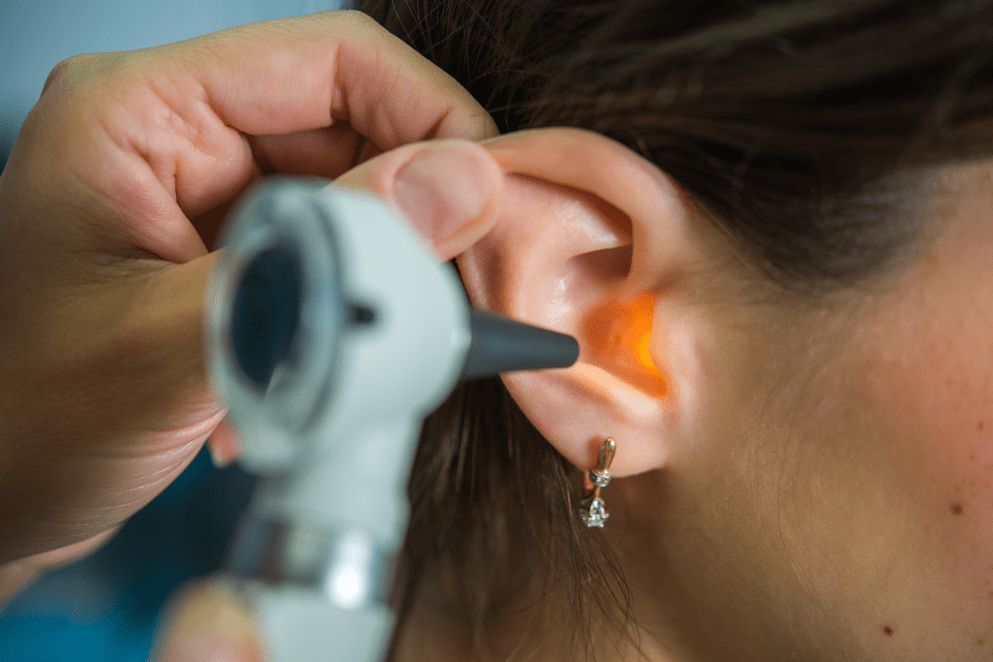How Do I Decide Which Hearing Aid is Best for Me?
There are a lot of different hearing aids available, and they are


There are a lot of different hearing aids available, and they are

Did you know the two leading causes of hearing loss are loud noise and

Just like any technology, hearing aids get a little better every year.